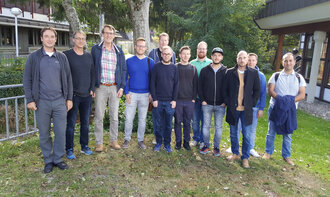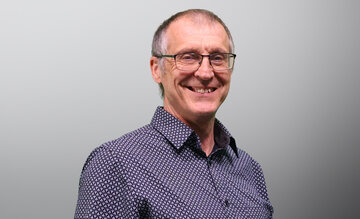Interdisziplinär und hochaktuell

Das Team unseres Instituts IDACUS
Das Institut für Data Science, Cloud Computing und IT-Sicherheit (IDACUS) ist Teil der Fakultäten Informatik, Wirtschaftsinformatik und Wirtschaftsingenieurwesen an der Hochschule Furtwangen. Das Institut ist in folgenden Forschungsfeldern aktiv: Data Science, Cloud Computing, IT Sicherheit, Industrie 4.0, Machine Learning, Privatsphäre und Nachhaltigkeitsthemen.
Unsere Forschungsprojekte
Laufende Projekte
Abgeschlossene Forschungsarbeiten
Neues aus der Forschung an der HFU
Ich informiere gerne zu IDACUS und unseren Forschungsfeldern!
Institutsleitung
